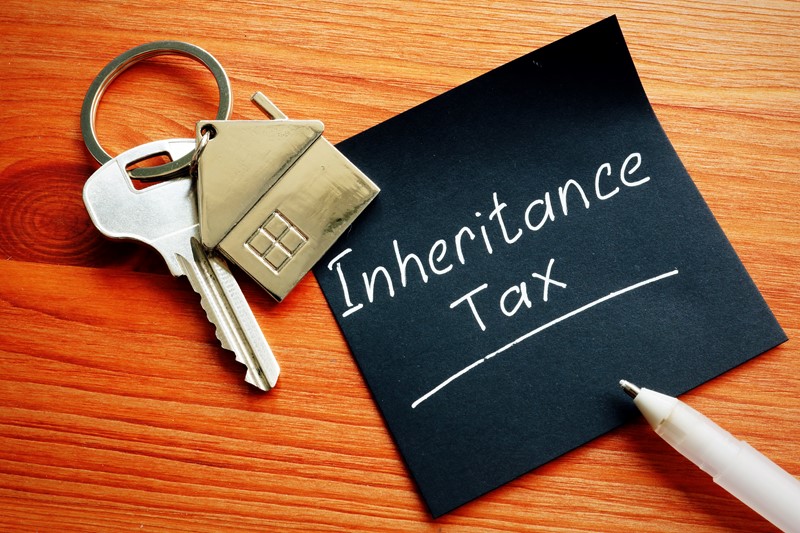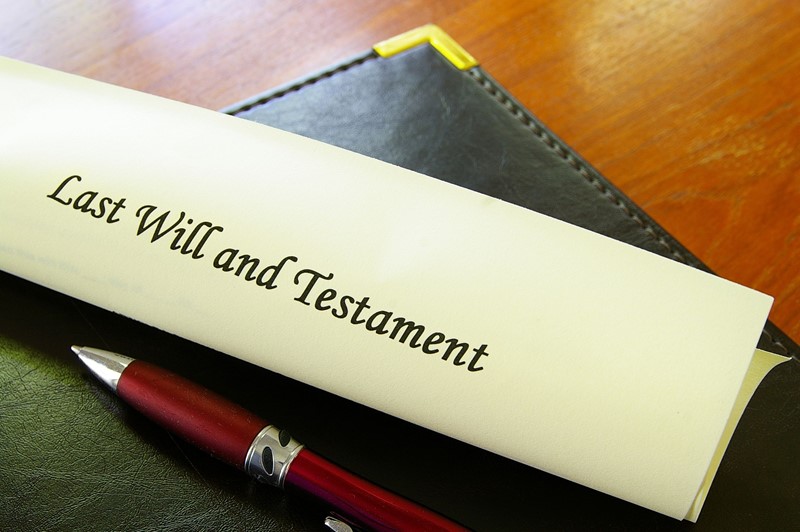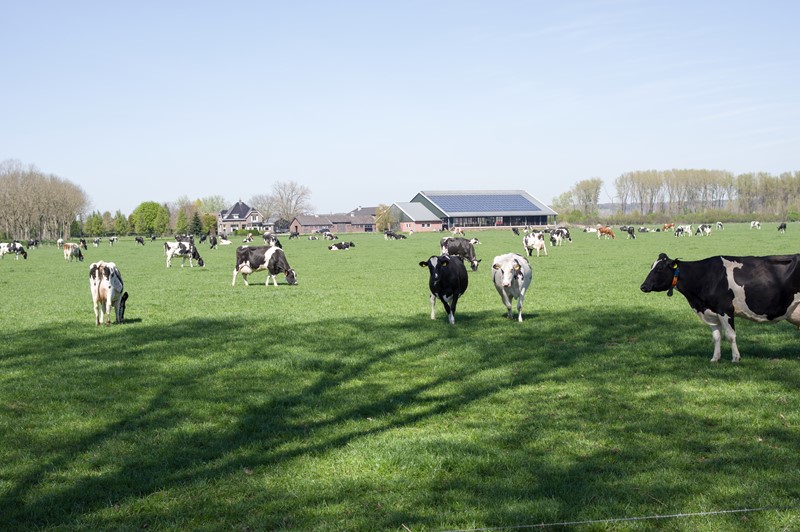
by | Oct 5, 2023 | Inheritance Tax
The Inheritance Tax residence nil rate band (RNRB) is a transferable allowance for married couples and civil partners (per person) when their main residence is passed down to a direct descendent, such as children or grandchildren, after their death. The...

by | Sep 14, 2023 | Inheritance Tax
A trust is an obligation that binds a trustee, an individual or a company, to deal with assets such as land, money and shares which form part of the trust. The person who places assets into a trust is known as a settlor and the trust is for the benefit of one or...

by | Aug 24, 2023 | Inheritance Tax
A reduced rate of Inheritance Tax (IHT) of 36% (reduced from 40%) applies where 10% or more of a deceased’s net estate is left to charity. The lower rate applies where 10% or more of the ‘net value’ of the estate is left to charity. The current IHT...

by Admin | Aug 3, 2023 | Inheritance Tax
It is important to make a Will to ensure that your estate is divided amongst your beneficiaries in accordance with your wishes. If you do not leave a Will the law decides who inherits the estate. This can result in a distribution of assets that would not have been in...

by Admin | Jun 8, 2023 | Inheritance Tax
There are a number of reliefs available that can reduce liability to IHT. Of most interest to farmers is the Agricultural Property Relief (APR). Relief is available at a rate of 100% or 50% depending on who farms the land and how long the land has been owned. The APR...

by Admin | May 11, 2023 | Inheritance Tax
There are a number of reliefs available that can reduce liability to Inheritance Tax (IHT). One of these reliefs is known as IHT Business Relief and is a valuable tax relief for taxpayers with business interests, offering either 50% or 100% relief from IHT on the...








Recent Comments